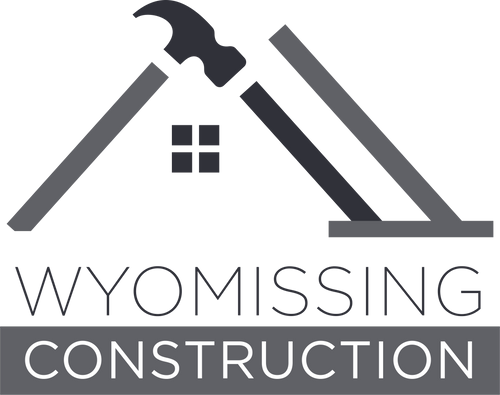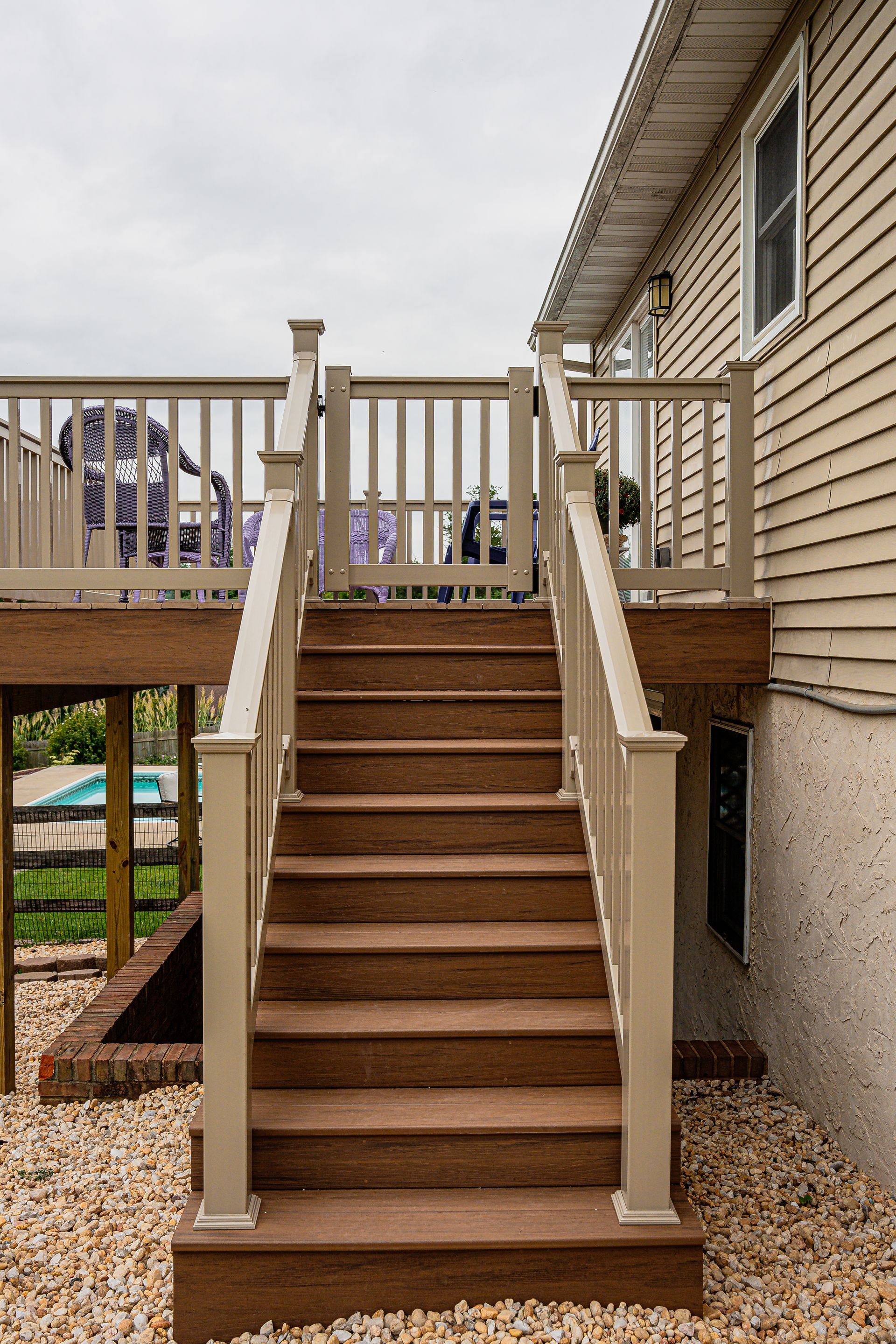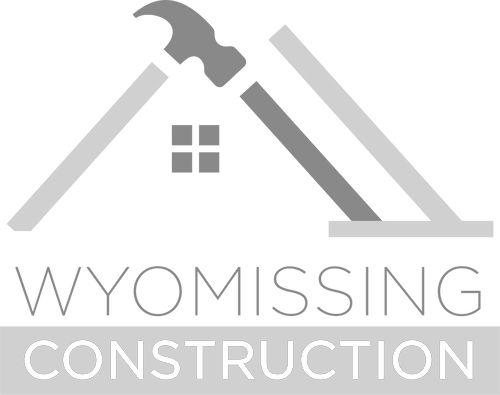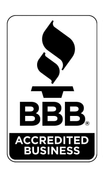Do You Need A Deck Permit?
You’re doing it. You’re finally building that deck you’ve always wanted since moving into your home.
Life is about to get a whole lot better — more grilling, more relaxing, and more time spent outside with your family.
But wait a sec… what about permits?
You don’t really know much about them, and the last thing you want is fines, delays, or shoddy work.
Wyomissing Construction has your back.
We make securing your deck permit in Berks County easier, so you don’t have to wait a moment longer to enjoy your new deck.
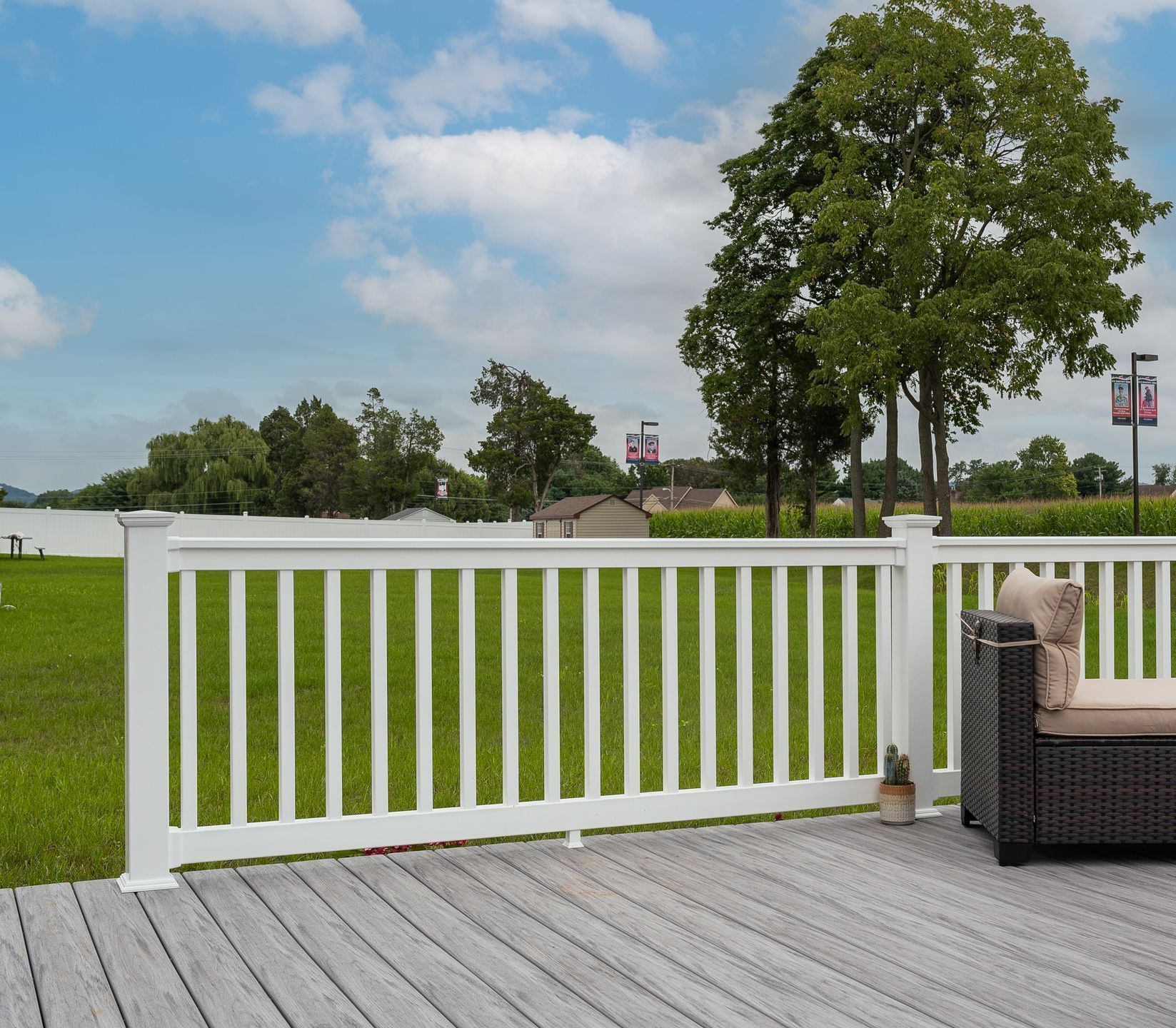
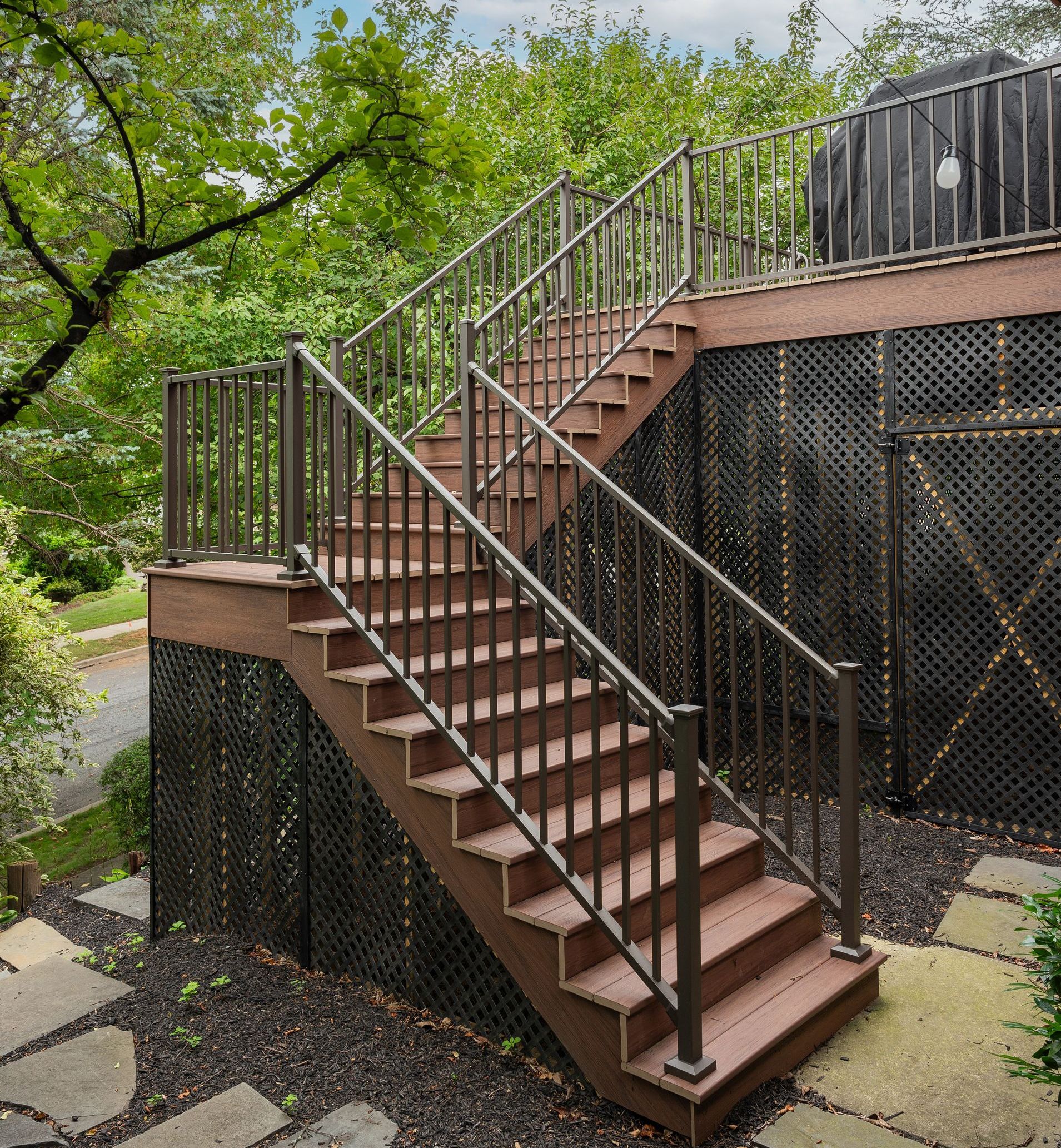
What You’ll Learn From This Article
- Whether you need a
permit for your deck in Pennsylvania — including floating decks
- The key reasons why
deck permits matter for safety and legality
- The
step-by-step process to get a deck permit in Berks County and Lancaster County
- How to
draw and submit deck plans for permit approval
- The risks of building without a permit and how to avoid costly mistake
- Why working with an experienced local contractor like
Wyomissing Construction makes your deck project easier
What Is a Deck Permit and Why Do You Need One?
A deck permit is basically your green light from the local government to build safely. It makes sure your deck meets all the important building codes and safety rules — so you don’t have to worry about any surprises later.
Here’s the deal: you’ll submit your deck plans, pay a small fee, and pass a few inspections to keep things running smoothly.
Keep in mind, the rules, fees, and steps can switch up depending on whether you’re in a borough, township, or county — so it’s smart to check in with your local building office before you start digging.
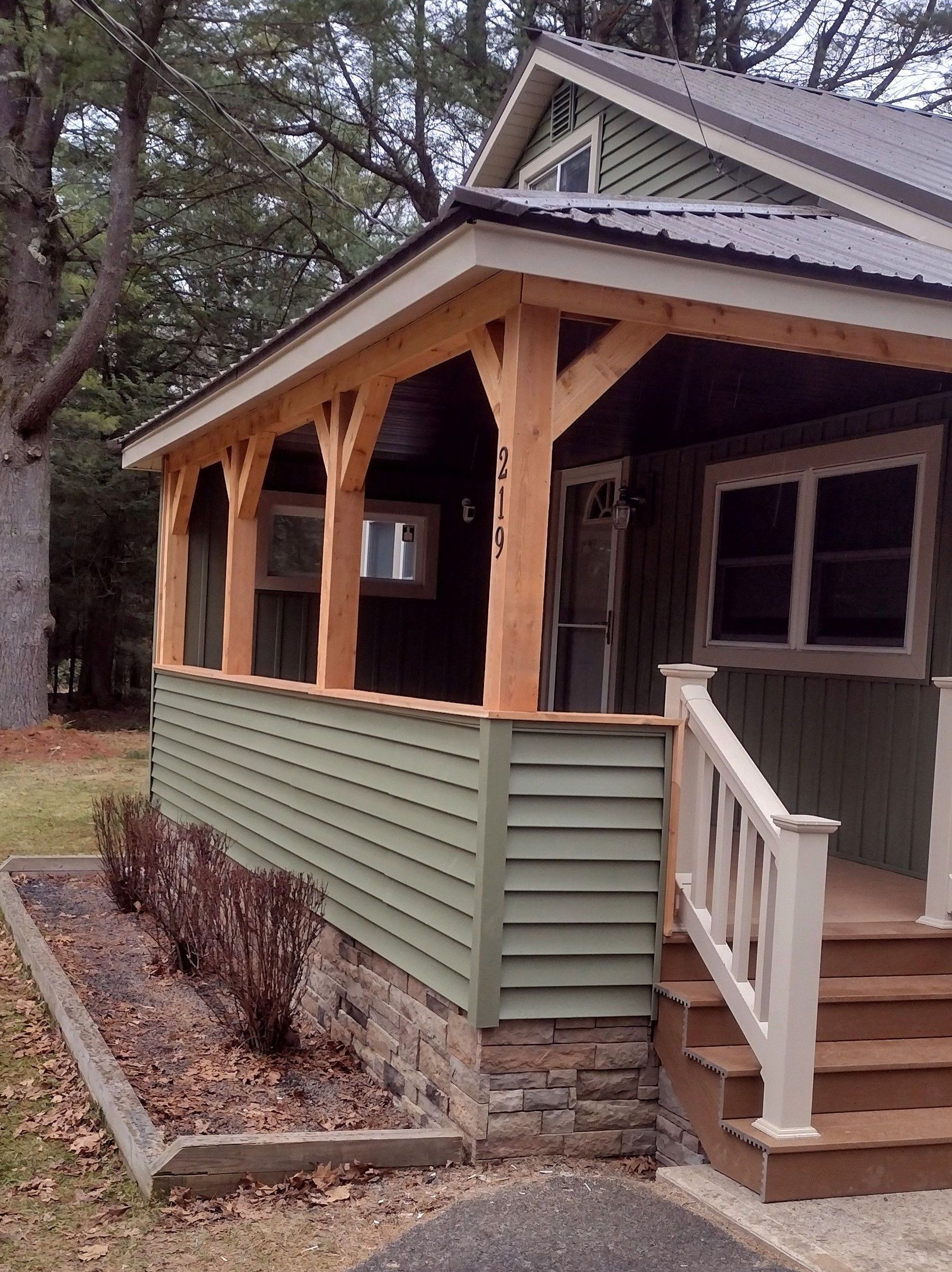
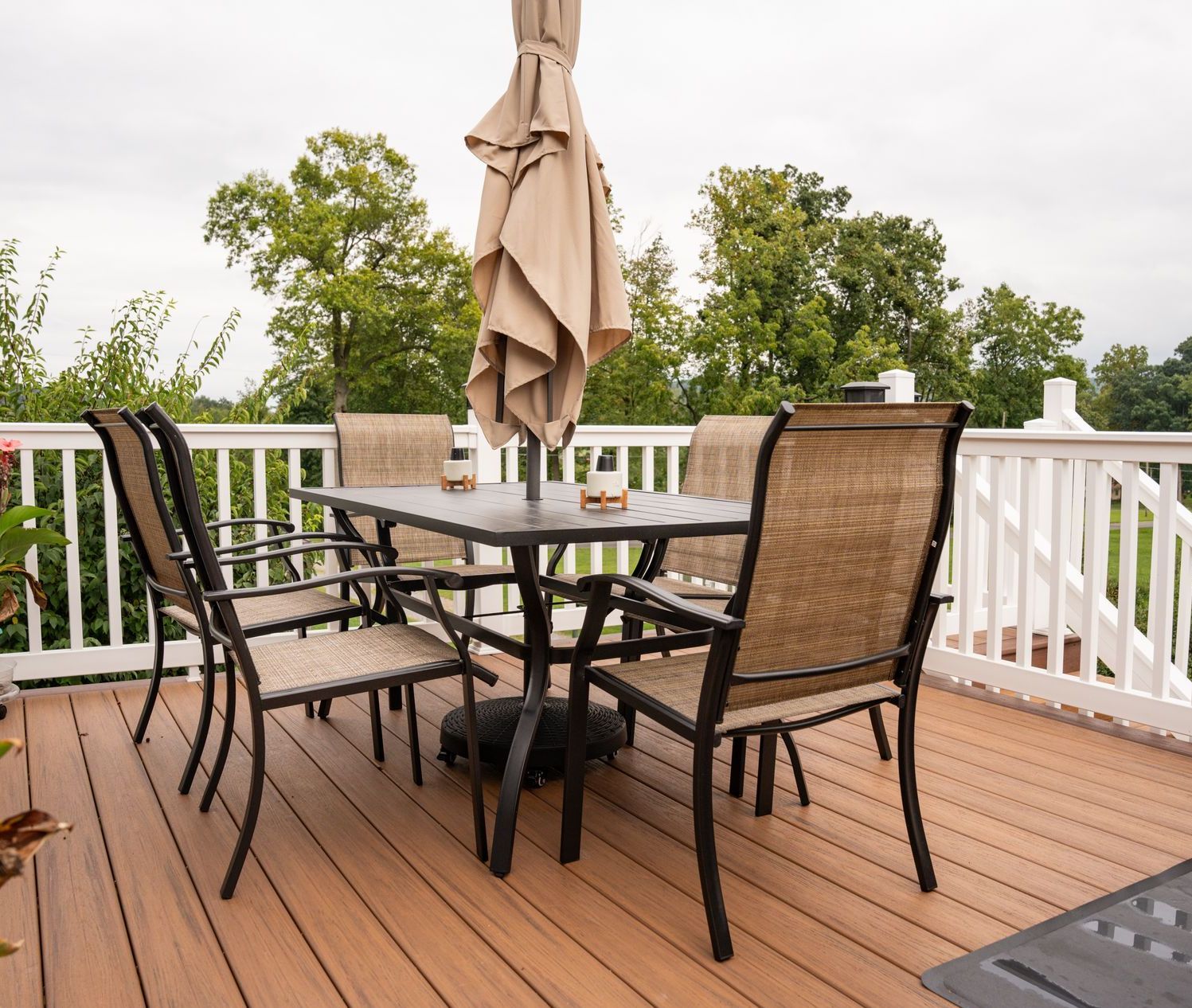
What Is the Pennsylvania UCC — and Why It Matters for Your Deck Permit
In Pennsylvania, most deck projects fall under the Pennsylvania Uniform Construction Code (UCC). It’s a set of statewide building rules based on the International Residential Code (IRC) that helps make sure your deck is safe, sturdy, and up to code.
The UCC covers everything from the depth of your footings to the spacing of your joists to the type of railings required. Local building departments use it as the standard when reviewing and approving deck permits.
When is a Permit Required to Build a Deck?
Not every deck needs a permit, but many do—especially if your deck is more than just a small platform.
You’ll almost always need a permit if your deck is:
More than 30 inches off the ground.
That’s about the height where safety concerns, such as guardrails, come into play.
Attached to your home or another structure.
Because this impacts your house’s stability and fire safety rules.
Over a certain size—usually around 120 square feet or bigger.
Big decks need a closer look to make sure they’re safe and properly constructed.
PRO TIP: Some towns and counties have extra rules, especially if your property is in a floodplain, historic district, or other special zone.
When in doubt, check with your local building department—they’ll tell you exactly what you need for your specific spot.
Do You Need a Permit for Your Deck in Pennsylvania?
Short answer? Probably.
Even if your deck feels like a simple weekend project, most municipalities in Berks and Lancaster Counties require a permit — and for good reason. Local building departments want to make sure your deck is safe, sturdy, and built to last (not fall apart during your first cookout).
They’ll also check that you’re not accidentally digging into electric lines, sewer pipes, or underground internet cables. Fire safety codes and zoning laws also come into play, depending on your property.
So don’t assume—one quick conversation could save you time, money, and a lot of future headaches.

Can I Find a Deck Permit Online?
Yes—many local municipalities offer online resources, including permit forms, guidelines, and contact info to help you get started.
Here are a few handy links for homeowners in Berks County:
- Wyomissing Borough Permit Applications
– Includes residential building permits, zoning forms, and FAQs.
- Spring Township Building Department
– Info on permits, inspections, and UCC enforcement.
- Exeter Township Code Enforcement & Permits – Download forms, learn about building codes, and contact officials directly.
- Robeson Township Codes and Permits – Permit applications, codes, and zoning documents for residents of Robeson Township.
What’s A Floating Deck? Are Permits Still Required?
A floating deck is a freestanding platform that sits directly on the ground or just above it. It’s not attached to your house, and it usually doesn’t require deep footings or structural connections.
In some parts of Berks and Lancaster Counties, floating decks under a certain size and height — often less than 30 inches high and under 120 square feet — may not require a permit. But that’s not a guarantee.
Some municipalities still require permits based on zoning, flood zones, or the intended use of the deck. And if you plan to add stairs, railings, or attach it to your home later, it might trigger permit requirements.
Bottom line: just because it’s low to the ground doesn’t mean it’s off the hook.
Always check with your local building office before you start.
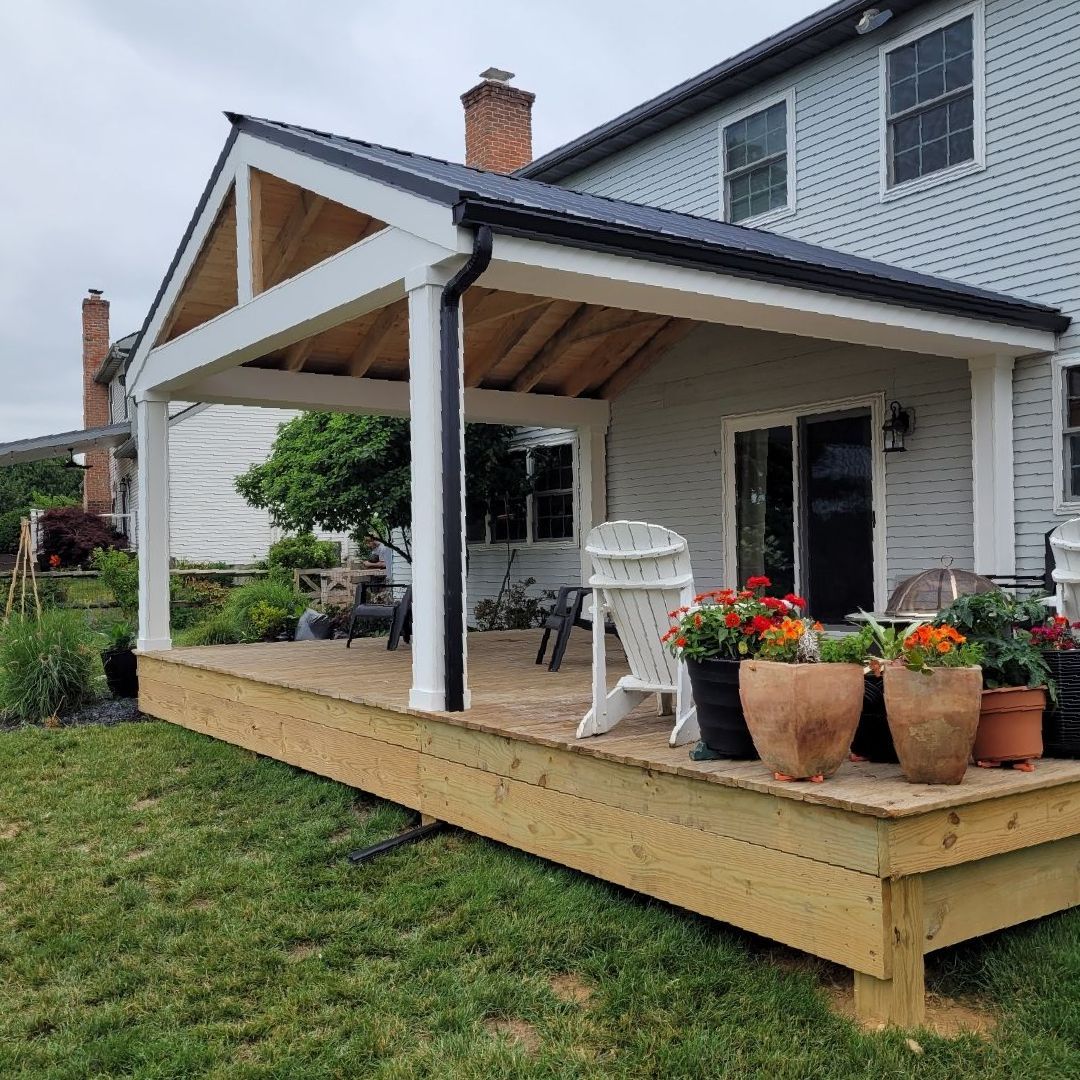
What Happens If You Build a Deck Without a Permit?
Let’s put it this way: skipping the permit is like skipping sunscreen on a beach day — it might feel fine at first, but you’re setting yourself up for a painful surprise.
Building a deck without a permit in Pennsylvania can come with some serious consequences, including:
- Fines and stop-work orders — Yep, your township can make you tear it down or pause everything mid-build.
- Redoing the work — You may have to pay to bring the deck up to code—or worse, start from scratch.
- Home insurance problems — If someone gets hurt on your unpermitted deck, your claim could be denied. That’s a major liability.
- Trouble selling your home — Unpermitted structures can hold up inspections, tank deals, or require retroactive permits.
- Legal liability — If there’s an injury or issue, you could be on the hook personally.
It’s tempting to skip the paperwork, especially if you’re handy. But in the long run, it’s a gamble that just isn’t worth it. A permit keeps you protected, on the right side of the law, and stress-free come inspection time—or when your in-laws come over.
How to Get a Deck Permit in Pennsylvania — Step by Step
Getting your deck permit might sound intimidating at first, but it’s actually straightforward. Here’s how it works in Berks and Lancaster Counties:
Step 1: Draw Your Deck Plans
Start by sketching your deck’s layout, including dimensions, materials, and placement. You don’t need to be an architect — simple, clear drawings or sample deck plans usually do the trick.
Step 2: Submit Your Application
Take your plans and application forms to your local building department—this could be your township, borough, or county office. Many places offer online submission too.
Step 3: Pay the Permit Fee
Fees vary, but expect to pay between $50 and a few hundred dollars, depending on your deck’s size and complexity.
Step 4: Pass Inspections
During and after construction, inspectors will check that your deck matches the approved plans and meets safety codes. Once you pass, you’re good to go!
Want to skip this entirely? Work with an experienced and qualified contractor like Wyomissing Construction.
We can handle it all—from permits to inspections—so you can relax and enjoy your new deck sooner.
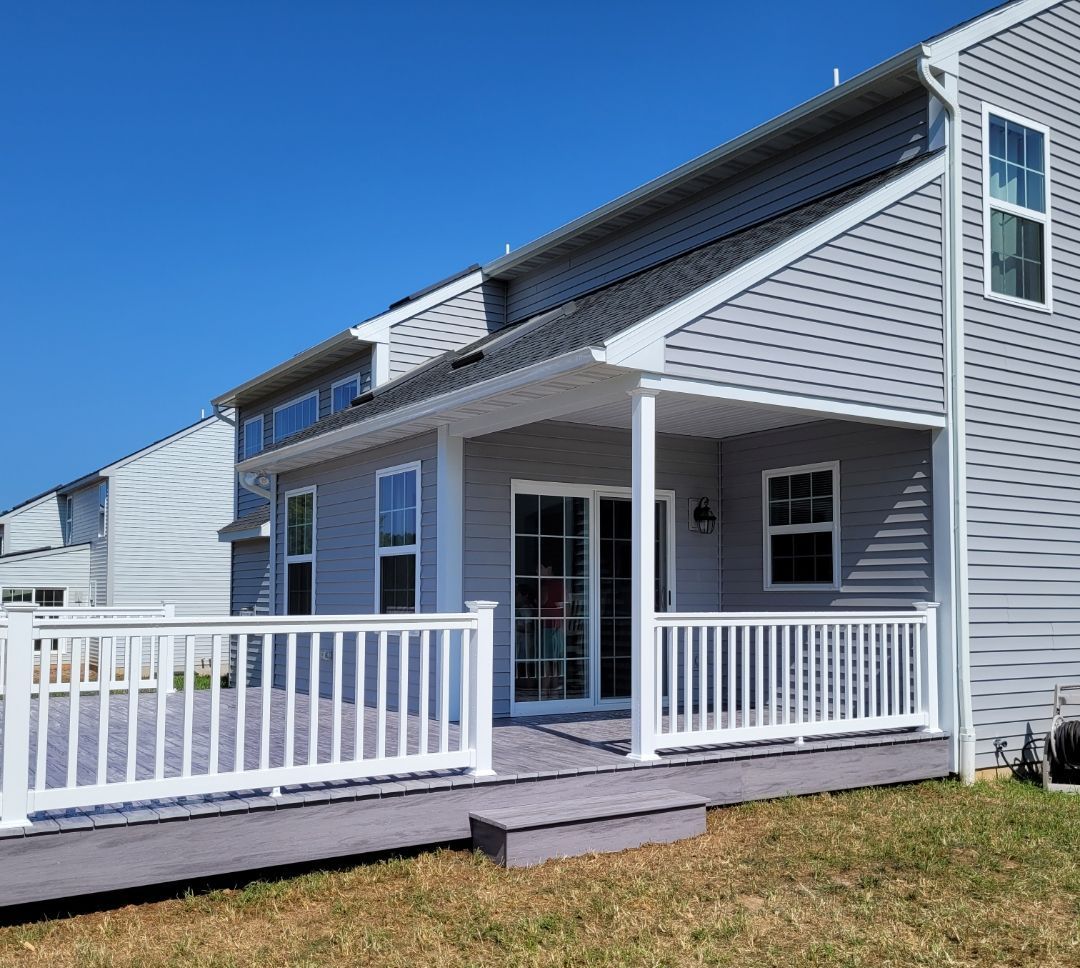
Why Work With a Local Deck Contractor Like Wyomissing Construction?
Wyomissing Construction has been building decks in Berks and Lancaster Counties for over 13 years. We are familiar with local codes and handle the permit process, so you don’t have to worry. We use high-quality materials, keep your site clean, and complete projects on time and on budget.
With us, you get a friendly, professional team that treats your home like it’s their own.
Common Questions About Deck Permits in Pennsylvania
Do I need a building permit for a deck in Pennsylvania?
Yes, if your deck is attached to your house or more than 30 inches off the ground, you’ll usually need a permit. Small floating decks might be exempt, but check with your local building office to be sure.
How much does a deck permit cost in Berks County?
Permit fees generally range from $50 up to a few hundred dollars, depending on your deck’s size and where you live.
Can I get a permit for a deck that’s already built?
Yes, but be prepared for inspections and possible updates to meet current building codes.
What happens if I build a deck without a permit?
You risk fines, stop-work orders, having to remove or redo the deck, insurance headaches, and problems when selling your home.
How long does the deck permit process take?
Typically, it takes 2 to 4 weeks—depending on your local municipality’s workload.
Do floating decks need permits in Pennsylvania?
Some small floating decks don’t, but rules vary. Always check with your local zoning office before you start.
Can Wyomissing Construction handle my deck permit?
Absolutely. We’re familiar with Berks and Lancaster County codes inside and out, ensuring a smooth and hassle-free permit process.
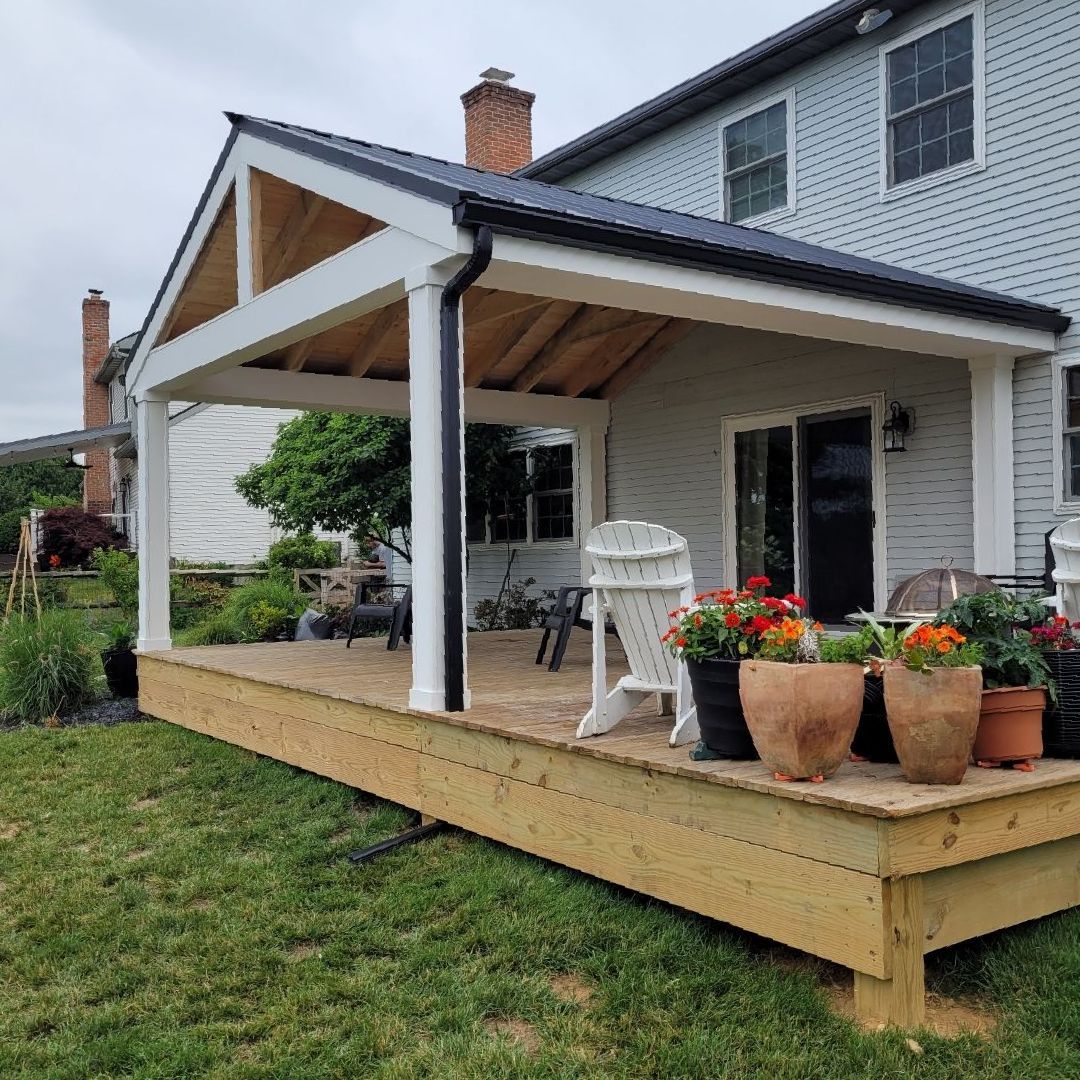
How to Start Your Deck Project with Confidence in Berks County
Before you grab the hammer, remember these key points about deck permits:
- Most decks over 30 inches high or attached to a home in Pennsylvania require a permit.
- Floating decks may have different rules—always check locally.
- Permits protect your safety, ensure code compliance, and avoid costly fines or delays.
- The permit process is straightforward: draw plans, apply, pay fees, and pass inspections.
- Wyomissing Construction knows the local permit process and can handle it all for you.
You’re ready to build that deck you’ve always dreamed about.
Don’t let getting a deck permit in Berks County turn into your new hobby—or your next headache.
Let Wyomissing Construction handle the paperwork and hard stuff, so you can focus on what really matters: grilling, relaxing, and enjoying your backyard like a pro.
